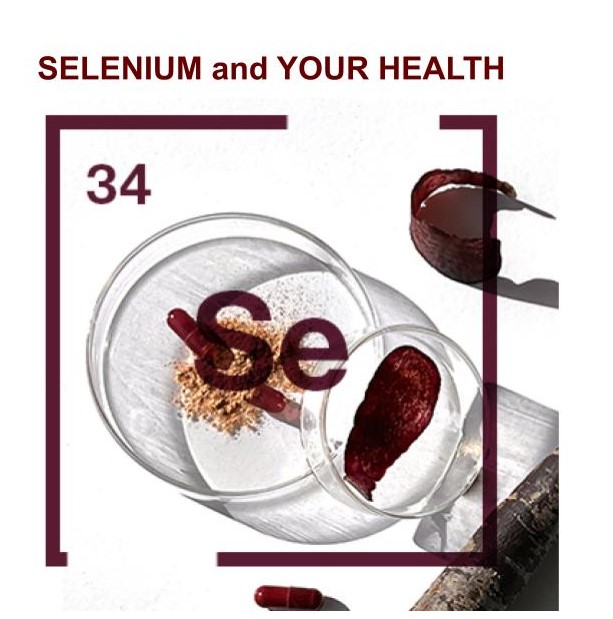
Selenium is a naturally occurring mineral present in many foods such as Brazil nuts, seafoods (tuna, halibut, sardines, shrimp), Beef, Liver, Eggs, Turkey, Lentils, Rice, Spinach. Once inside the body, selenium regulates important metabolic functions and is capable of fighting oxidative damage caused by free radicals. It can lower susceptibility to illness and is also indicated to support vital bodily functions. While it is plentiful in most western diets, since our body can’t produce its own Selenium, people often seek out oral or IV supplementation to harness some of its health benefits. It has been highlighted to play a role in prevention of cancer, cardiovascular disease, cognitive decline, and thyroid disease. While there are plenty of benefits from this mineral, there is also risk from excessive selenium. Early indicators of excess intake are a garlic odor breath and a metallic taste in the mouth. Hair and nail loss or brittleness are the most common clinical signs of chronically high selenium. Acute selenium toxicity can cause severe gastrointestinal and neurological symptoms, acute respiratory distress syndrome, muscle tenderness, lightheadedness, facial flushing, kidney failure, and in rare cases death. Always speak with a healthcare professional prior to starting selenium supplementation and follow appropriate dosing guidelines.
By: Andrew Chan, PA
Rayman MP. Selenium and human health. Lancet 2012;379:1256-68.
Sunde RA. Selenium. In: Ross AC, Caballero B, Cousins RJ, Tucker KL, Ziegler TR, eds. Modern Nutrition in Health and Disease. 11th ed. Philadelphia, PA: Lippincott Williams & Wilkins; 2012:225-37
